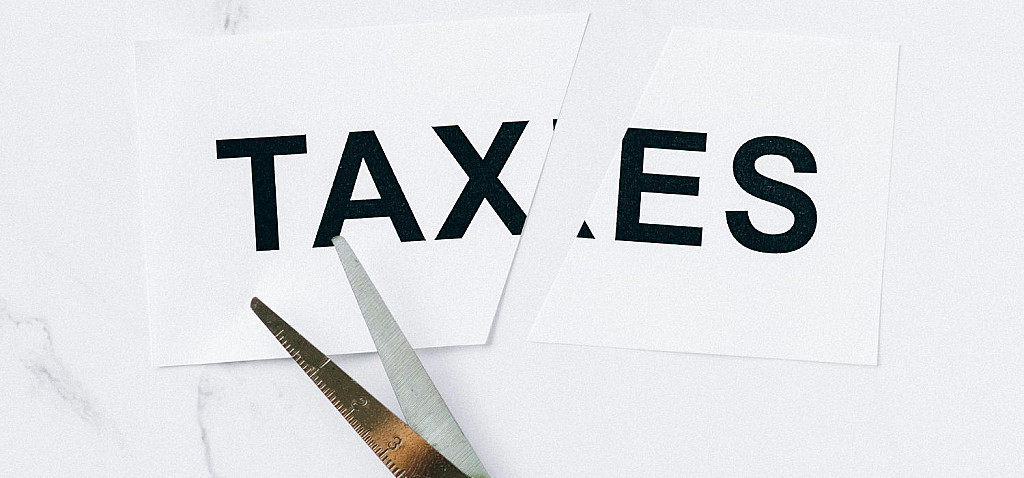Tax reliefs for individuals: how to reduce your tax bill
24th Apr 2025

Many individuals and businesses across the UK unknowingly overpay tax each year. This happens due to missed deductions, unclaimed reliefs, and a lack of proactive tax planning. Understanding how tax planning works, identifying common mistakes, and implementing strategies to reduce your tax burden can lead to significant savings.
You can get tax relief in a few ways, including tax on your income, tax rebates on business expenses and pension relief.
Business Expenses if you’re self employed
If you’re self-employed, you can make claims on expenses you’ve incurred to run your business. Many individuals fail to claim all their allowable expenses. H M Revenue & Customs permits deductions for a wide range of costs, including:
- Office expenses – Stationery, software, and utilities if you work from home.
- Telephone & internet – proportioned between business and personal use
- Staff costs – staff wages or subcontractor costs
- Cost of goods/materials – stock or materials purchased that you buy to sell on
- Financial costs – insurance, public liability insurance, bank charges
- Cost of your business premises – heating, lighting, business rates
- Use of home as office – Flat rate £6 per week or appropriate proportion*
- Travel costs – Business mileage, train fares, fuel and parking.
- Clothing – uniforms which include a company logo, or safety clothing including scrubs and work boots.
- Professional services – Accountant fees, legal advice, and consultancy.
- Subscriptions and memberships – Professional bodies and trade organisations, training courses
- Advertising or marketing – website costs, logo products
- Capital allowances – equipment, machinery, business vehicles
Failing to track and claim these expenses means you could be unnecessarily increasing your taxable income.
You will note that you cannot claim expenses if you choose to opt for the £1,000 trading allowance.
If you use something for both business and personal reasons, you can only claim allowable expenses for the business element.
You can claim tax relief for expenses made up to four years previously. To make the claim, you must have records of what you’ve spent. If you’re claiming for a current tax year, HMRC will make the adjustments based on your tax code. For claims on previous years, HMRC will either make adjustments or give you a tax refund.
Job Expenses if you’re employed
You cannot claim tax relief if your employer pays for your expenses. However, there are various reliefs that you may be eligible for as an employee, including;
- If you work from home – your job requires you to live far away from your office, or your employer does not have an office
- Uniforms, work clothing and tools – cost of purchasing specialist clothing for example overalls or safety boots, together with laundering your own clothes with a company logo
- Vehicles you use for work – claim the approved mileage rates of 45p for the first 10,000 miles and 25p thereafter
- Professional fees and subscriptions – membership fees to be able to do your job, annual subscriptions for approved professional bodies which is relevant to your job
- Travel and overnight expenses – public transport costs, hotel accommodation, food and drink
- Buying other equipment – substantial equipment required to do your job may be eligible for capital allowances
Maximise Pension Contributions
Pension contributions not only secure your future but also offer immediate tax benefits. You’ll often pay income tax on money you receive but if you were to put that money into a pension, the tax you’d normally pay is usually added to your pension instead thus meaning your savings are usually boosted by 20% or more, depending on your rate of income tax.
If you’re a business owner, employer contributions do not qualify for tax relief but they can usually be deducted as a business expense to reduce the amount of corporation tax you need to pay.
Gift Aid Donations
You may also be entitled to tax relief on charitable donations you make through Gift Aid. If you’re a higher rate tax payer, you can claim back the difference between the tax you’ve paid on the donation and what the charity got back.
Marriage Allowance
Marriage Allowance enables married couples or civil partners to transfer £1,260 of their personal allowance to their other half.
This results in a possible reduction to their tax liability by up to £252.
To benefit, the lower earner must normally have an income below their personal allowance, which is £12,570 for 2025/26.
The recipient must also be a basic rate tax payer which means their income is between £12,571 and £50,270.
If you believe you have missed out on Marriage Allowance, you are able to backdate your claim to include any tax year since 5 April 2021.
Our expert team is here to help you navigate tax reliefs and reduce your tax bill effectively. Don't miss out on potential savings—reach out now!
Call us on 01522 531 341 or Email us at website@wrightvigar.co.uk
Written by

Latest posts by Nathan Bowles
